Search
Did you mean: Mycenae?
Search Results

Definition
Jomon Pottery
The Jomon Period (c. 14,500 - c. 300 BCE) of ancient Japan produced a distinctive pottery which distinguishes it from the earlier Paleolithic Age. Jomon pottery vessels are the oldest in the world and their impressed decoration, which resembles...
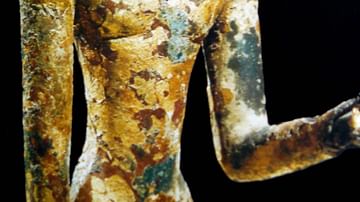
Definition
Phoenician Religion
The Phoenician Religion, as in many other ancient cultures, was an inseparable part of everyday life. Gods such as Baal, Astarte, and Melqart had temples built in their name, offerings and sacrifices were regularly made to them, royalty performed...
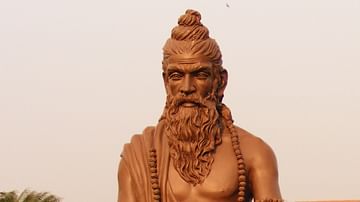
Definition
Sushruta
Sushruta (c. 7th or 6th century BCE) was a physician in ancient India known today as the “Father of Indian Medicine” and “Father of Plastic Surgery” for inventing and developing surgical procedures. His work on the subject, the Sushruta Samhita...

Definition
Kilwa
Kilwa, an island located off the coast of East Africa in modern-day southern Tanzania, was the most southern of the major Swahili Coast trading cities that dominated goods coming into and out of Africa from and to Arabia, Persia, and India...

Definition
Andromeda
Andromeda is a princess in Greek mythology. She is the daughter of Cepheus, the king of Aethiopia (Ethiopia), and his wife, Cassiopeia. The most famous myth associated with Andromeda is the story of her rescue by the Greek hero Perseus, who...
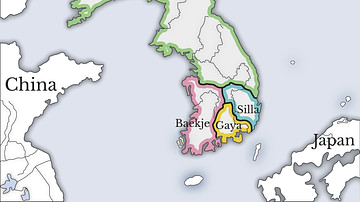
Definition
Three Kingdoms Period in Korea
The Three Kingdoms Period of ancient Korea (57 BCE – 668 CE) is so-called because it was dominated by the three kingdoms of Baekje (Paekche), Goguryeo (Koguryo), and Silla. There was also, though, a fourth entity, the Gaya (Kaya) confederation...

Definition
Phoenician Architecture
Phoenician architecture is typified by large temples with double-columned facades approached by a short staircase, enclosed sacred spaces containing cube-like and open-fronted shrines, and such large-scale engineering projects as dams and...
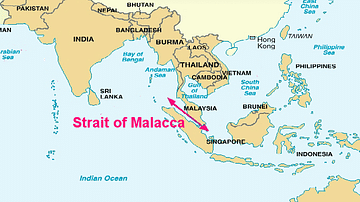
Definition
Portuguese Malacca
The Portuguese colonised Malacca (modern Melaka) on the southwest coast of the Malay peninsula from 1511 and kept it until 1641 when the Dutch took over. The port controlled the Malay Straits which lead from the Indian Ocean (the Andaman...

Definition
Phoenician Art
The art of the ancient Phoenicians, which flourished between the 19th and 4th centuries BCE, was exported throughout Mesopotamia and the ancient Mediterranean. Best known for their work on small decorative objects, Phoenician artists skillfully...
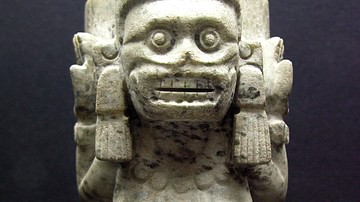
Definition
Mictlantecuhtli
Mictlantecuhtli (pron. Mict-lan-te-cuht-li) or 'Lord of the Land of the Dead' was the Aztec god of death. He ruled the underworld (Mictlán) with his wife Mictecacíhuatl. Mictlantecuhtli was worshipped and feared across Mesoamerica. The god...